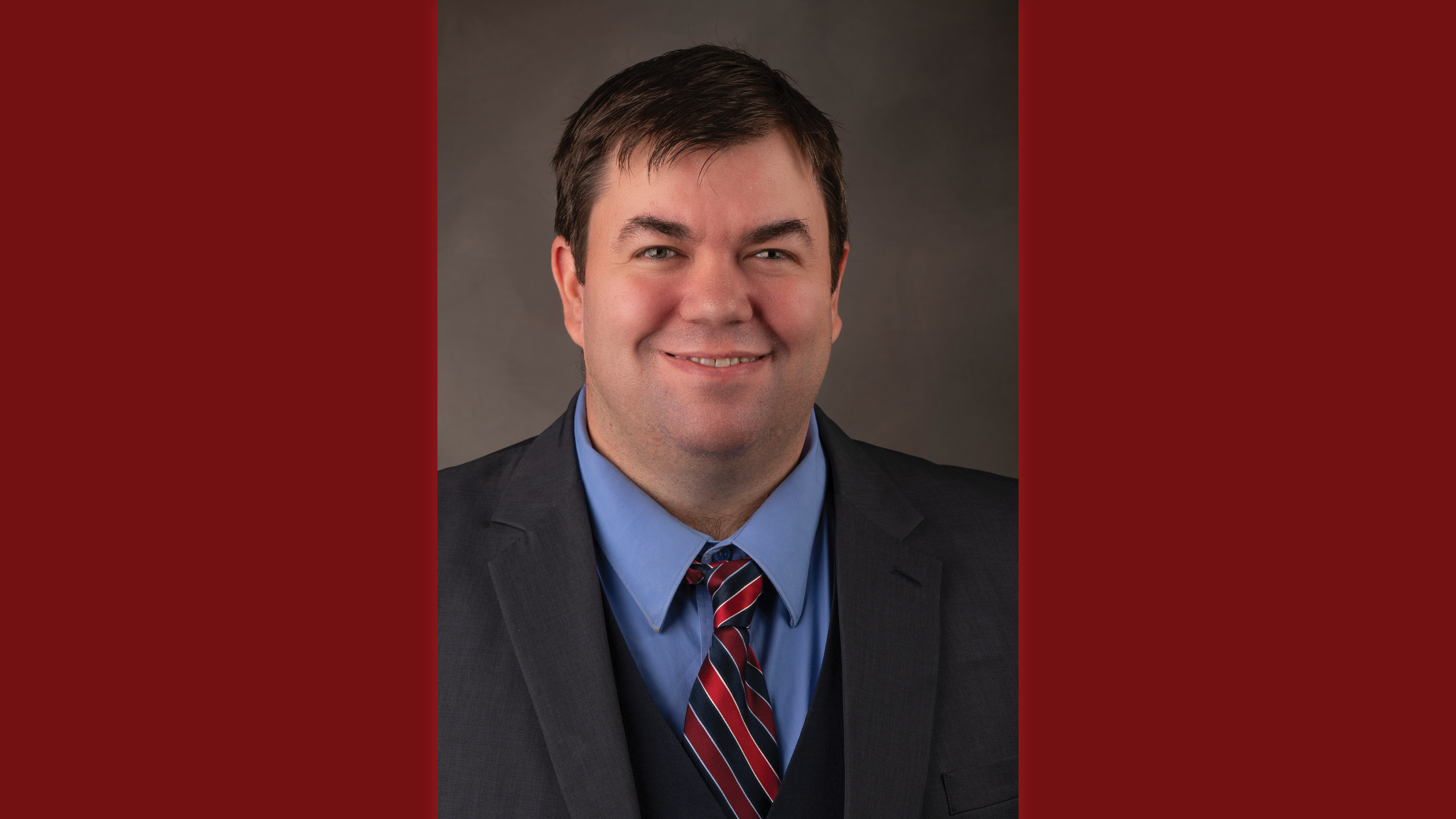How can sales professionals recover trust when it’s damaged? Chris Nelson, associate professor of marketing at Elon University, addresses this question in his latest research, published in Industrial Marketing Management.
Associate Professor Chris Nelson of the Martha and Spencer Love School of Business co-authored a paper on how salespeople can use adaptive behavioral strategies to repair trust with buyers after it is broken.
The article titled, “Actions speak louder than words: the adaptive use of behavioral repair strategies on trust recovery,” looks into how actions are a key to rebuilding relationships in professional selling.
“One of the key insights from our study is that actions really do speak louder than words, but the action that should be chosen is dependent on the situation,” Nelson said. “Buyers want to see that the salesperson isn’t just offering an apology or making an excuse but is taking meaningful action. Choosing the correct action after an issue helps promote a sense of fairness, which is what restores trust in the relationship.”
Key Findings from the Study:
- Even top salespeople can damage trust: Sales professionals must be aware that a lapse in judgment leading to a transgression or even a simple error can hurt buyer relationships. Recovery hinges on how they respond.
- Actions matter more than words: The research highlights that buyers are more likely to forgive when salespeople take action to fix the problem rather than relying on verbal apologies alone.
- Fairness is crucial to trust recovery: Demonstrating fairness through tangible actions, like making things right in the present or putting procedures in place to prevent issues from reoccurring, helps restore trust.
- Strategies must be adapted: Salespeople need to assess their level of responsibility for the trust breach and adapt their actions accordingly to facilitate recovery. When the salesperson is more to blame, present focused actions that make things right with the buyer will be more effective. When other members of the salesperson’s firm are to blame, future-focused actions such as adjusting policies and procedures will be more effective.
The article was co-authored with James Brown at West Virginia University and published in Industrial Marketing Management.
Nelson plans to use these findings in his professional selling classes this fall, where students will practice trust recovery strategies through role-playing exercises. He is also exploring future research on how AI-driven sales agents might assist with relational functions in sales.
Nelson joined the Elon University faculty in 2020 with research interests in relational selling and sales technology. He teaches classes on the topics of professional selling, sales management, customer relationship management, and marketing research.



